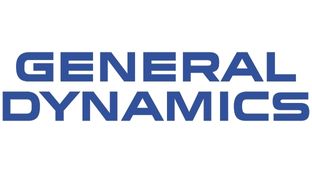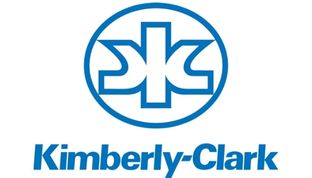Best Air Purifier for Hospitals & Healthcare

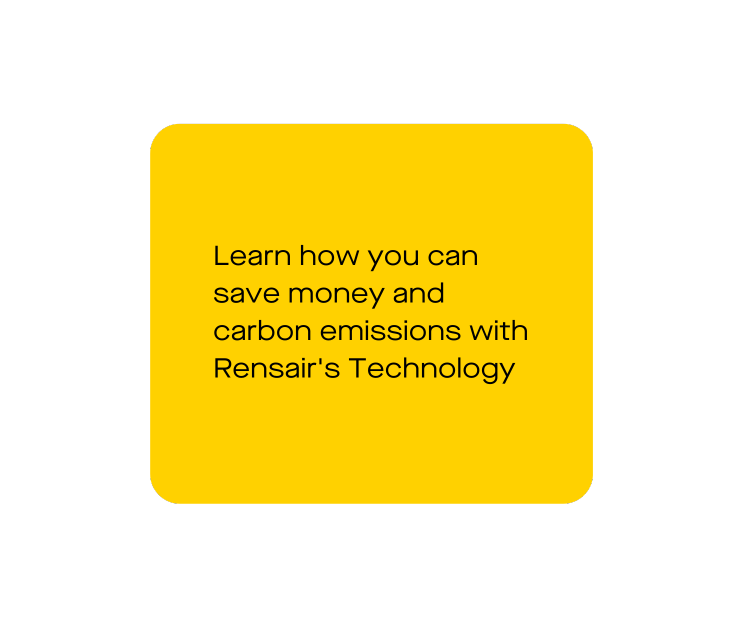
Maintaining indoor air quality (IAQ) allows healthcare providers to reduce the risk of airborne infection and protect patients and clinicians alike. However, traditional ventilation systems, especially in older facilities, often fail to support the number of air changes per hour needed for effective infection prevention control. Replacing existing HVAC systems is massively costly and disruptive to your day-to-day operations.
With healthcare budgets stretched thin and patient demand continuously rising, implementing portable air purifiers for hospitals can help address the challenge of ‘structural under-ventilation’ while also reducing operating costs—benefiting both your patients and your bottom line.
Protect patients and staff
Rensair’s hospital-grade air quality ecosystem enhances your IAQ without the need to replace your existing ventilation. Our technology uses a patented combination of H13 HEPA filtration and germicidal UVC light to trap and destroy more than 99.97% of airborne pathogens, including viruses, bacteria, and allergens.
Our portable air purifier for hospitals – backed by software that allows you to manage air quality and energy output – enables rapid air changes based on patient throughput, helping to minimise fallow time.
It’s a fully-certified and cost-effective solution to reduce airborne contaminants and improve IAQ.

Boost air quality – and make savings
In addition to upholding exacting clinical standards, healthcare providers are also under intense pressure to reduce energy consumption and lower their carbon footprint. With Rensair, there’s no trade off between air quality and energy efficiency.
Solving the healthcare sustainability dilemma
Healthcare providers are under growing pressure to reduce emissions and achieve lasting sustainability commitments. In the UK, for example, the NHS is aiming to be the world’s first Net Zero health service. The challenge is how to make meaningful gains in these energy-intensive environments without compromising service provision or patient safety.
At the same time as boosting IAQ, our air quality ecosystem uses patented hardware and software to cut the carbon out of your existing HVAC systems, reducing energy consumption by >40% and helping you take big strides towards your sustainability and Net Zero targets.
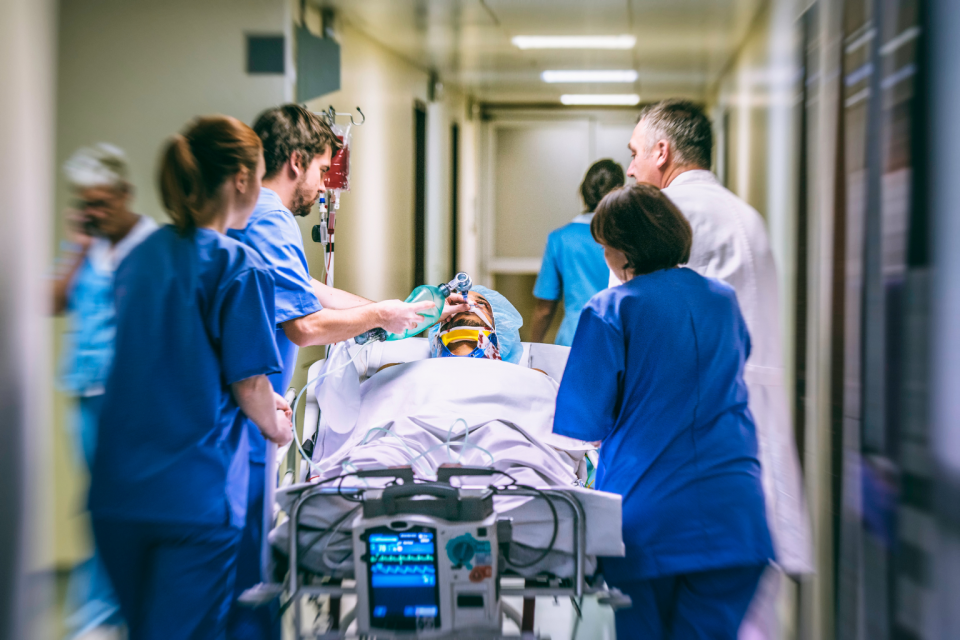
The world’s most certified air quality proposition
Rensair is the most certified air quality proposition in the industry. Our air quality ecosystem has undergone rigorous independent validation by scientific research laboratories worldwide.
In separate tests conducted by the NHS’s Liverpool Bio Validation Protocol and the Danish Technological Institute, our technology achieved a 99.98% particle reduction rate for SARS-CoV-2 and other airborne pathogens within minutes.
Suitable for a wide range of healthcare environments
From GP and dental surgeries to hospital wards, care homes and hospices, our versatile air quality ecosystem is suitable for a broad spectrum of healthcare settings.
Trusted by the NHS and prominent US healthcare providers such as Montefiore and Lurie Children’s Hospital of Chicago, and featured in Newsweek’s Best Infection Prevention Products 2021, we’re the cost-effective and easy-to-implement choice for improving IAQ in healthcare and ensuring a safer environment for everyone in the building.
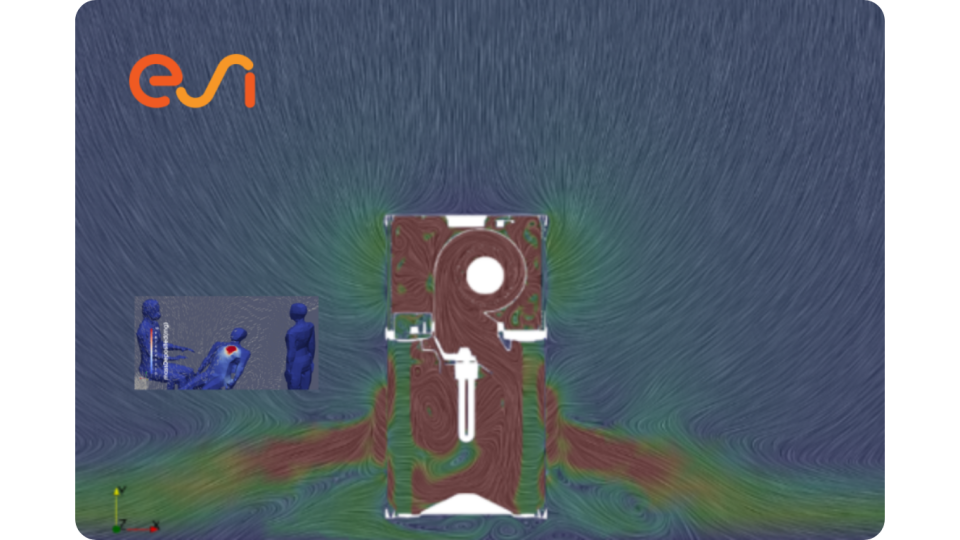
Certified for AGP clearances
Our patented air quality ecosystem system combines a hospital-grade H13 HEPA filter with an ozone-free UVC light to trap and inactivate particulate matter, including pathogens.
For example, ESI Group recently completed in-situ modelling using our technology within a Birmingham NHS Hospital Dental Treatment Room. Using advanced computational fluid dynamics, the results confirmed very effective aircirculation and removal of aerosols generated from AGP procedures.
The directional flow of air is critical to the safety of practitioners, and in deposition and near-patient flow field tests, ESI Group conclusively demonstrated that Rensair devices draw aerosols downwards, protecting practitioners from airborne contamination.
Optimise existing mechanical
ventilation while significantly
cutting energy use
HVAC systems are expensive to run and consume a huge amount of energy, so we’ve developed a unique
system to help you optimise their use across your buildings.
Our Smart Demand Controlled Ventilation (SDCV) uses cost-effective air purification devices deployed across your indoor environment to reduce reliance on expensive mechanical ventilation. It ventilates according to occupancy rates, reducing wasted energy when occupancy is low.


The most efficient way to instantly improve your HVAC system
The Rensair Cloud connects your Rensair air purifying devices and integrates with your existing HVAC ventilation and Building Management systems to give you a single connected ecosystem for managing air quality. It’s an approach that reduces your energy usage, saves you money, and protects your people in every indoor space. It’s HVAC: Hacked.




